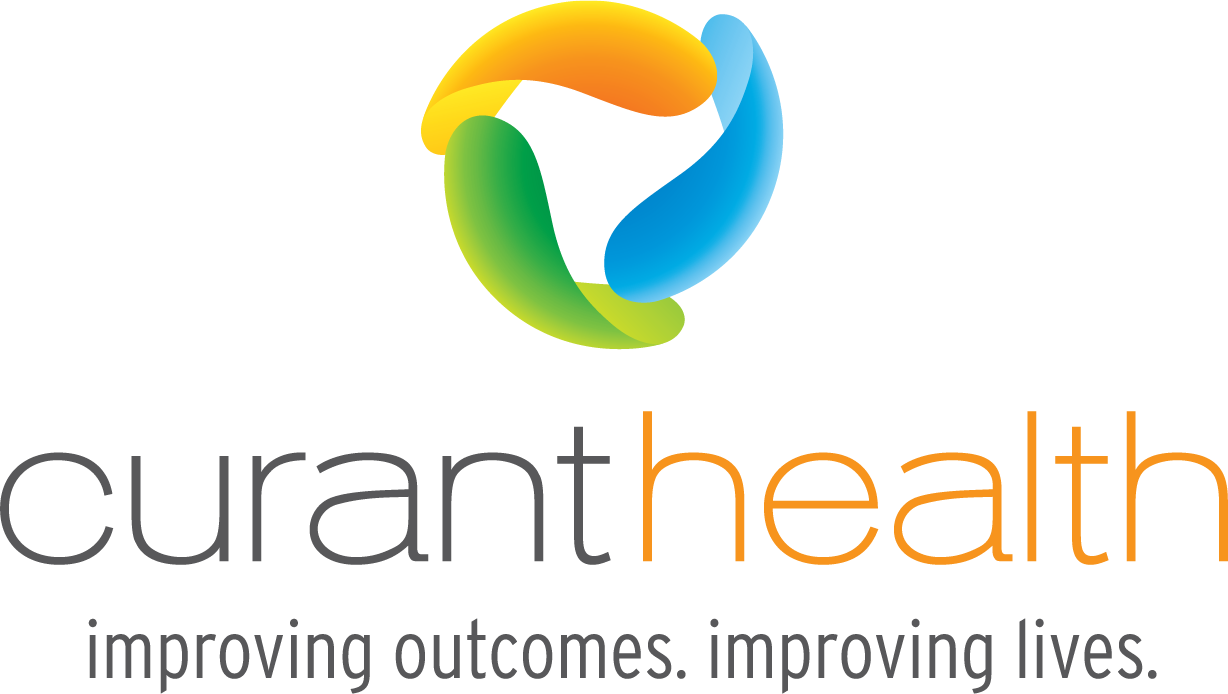April 14, 2014 – Atlanta, GA - Study Shows $2.7 Billion Net Savings Possible for Medicare Through Medication Therapy Management. Purdue University, with Curant Health and Amedisys demonstrate 86 percent readmission reduction in risk level one patients. New analysis of a study by Curant Health, Purdue University and Amedisys shows medication therapy management (MTM) reduces hospital readmissions by 86 percent among a population of Medicare patients.
Of 895 participants, 232 (26 percent) were considered to be in the “risk level 1” quartile for hospital readmittance. Hospital readmissions were reduced by 86 percent among this population who received medication therapy management through Curant Health within a 30-day period.
"We know that medication therapy management (MTM) improves adherence, improves outcomes and improves lives," said Patrick Dunham, CEO of Curant Health, which provided the medication therapy management interventions. "Reducing hospital admissions for risk level 1 patients in this study by 86 percent is another powerful proof point for the value of MTM and its capability to simultaneously reduce costs and improve care across the healthcare continuum."
A patient's risk of hospitalization was determined through a standard set of nursing assessment items used by all Medicare-certified home health agencies called the "Outcome and Assessment Information Set" or OASIS-C, and the patients were divided into four risk categories. Risk level 1 patients are generally capable of taking medications independently and other basic functional tasks.
According to a study by Osterberg and Blaschke published in the New England Journal of Medication, the aggregate cost of hospital admissions related to poor medication adherence has been estimated to be roughly $100 billion per year.
The Centers for Medicare & Medicaid Services (CMS) estimate that readmission costs average between $10,000 - $13,000 per Medicare patient, resulting in additional expenses of $17.5 billion annually. Based on this study’s results, 26 percent of Medicare patients that receive medication therapy management experience an 86 percent reduction in hospital readmissions. The reduction indicates a net savings of $2.7 billion annually for Medicare alone.
"Enhancing the quality of care for patients has always been the goal of health care providers, but the growing costs of Medicare readmissions and healthcare in general have put an even brighter spotlight on strategies to improve patient outcomes and reduce unnecessary costs," said Dr. Alan Zillich, Associate Professor of Pharmacy Practice at Purdue University. "Medication therapy management is considered a valuable tool in this effort.”
Medication therapy management is part of the expanding role of the pharmacist. A pharmacist evaluates the medications prescribed and how a patient is feeling to identify and resolve issues, including untreated conditions, drug interactions, adverse drug reactions, inappropriate drugs or doses and whether a patient is taking the medications as prescribed. It involves regular, direct contact between the pharmacist, or a pharmacy patient care coordinator.
About Curant Health
Curant Health is passionate about improving the lives of millions of chronically ill people through its innovative and comprehensive medication therapy management program. Specially trained patient care managers and pharmacists form the foundation of the program and leverage MedPlan(™), Curant’s enhanced, inhouse EMR. Regular intensive interaction with caring Curant Health professionals supports patients through the daily challenges of living with a chronic condition. Curant Health is recognized as one of America’s Fastest Growing Companies by Inc. Magazine. The company was also one of 10 finalists in Microsoft’s Excellence in Innovation competition for its development and deployment of MedPlan.
Health systems currently taking advantage of Curant’s platform for care include University of New Mexico Truman Health Services, the University of Alabama at Birmingham, Emory Midtown ID Clinics, University of Louisville Research Foundation, Virginia Commonwealth University and others across the country.
Press Contact(s):
Kristin Lindsey
Curant Health
klindsey@curanthealth.com
866-437-8040 x253
